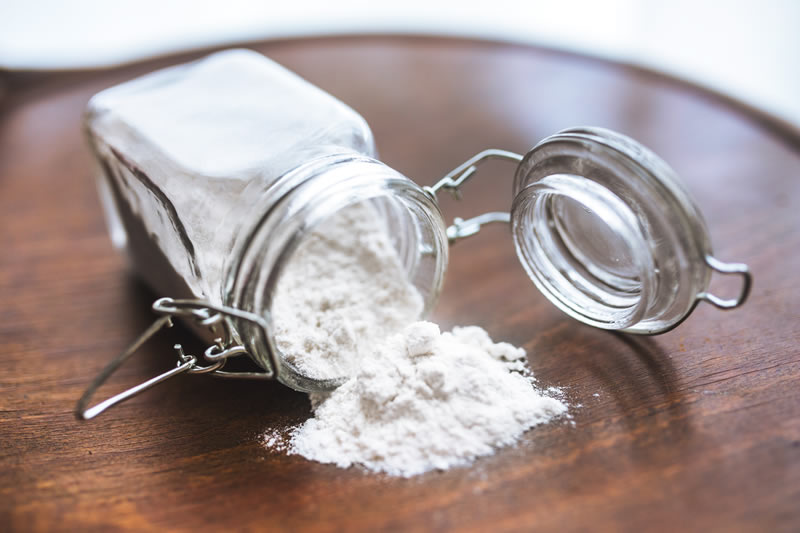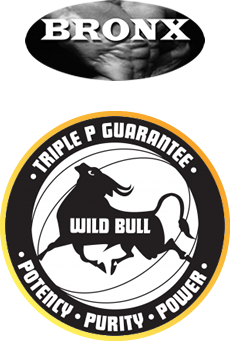Benefits of Beta Alanine for high intensity exercise
What is Beta Alanine?
Beta Alanine is an amino acid that is non essential – it is not required in the diet as it can be manufactured by the body. Beta Alanine combined with L-Histidine (another amino acid) produce Carnosine (Beta Alanyl-L-Histidine), which is stored in skeletal muscles.

Normally, L-Histidine levels in the body are high, and Beta Alanine levels are low. So Carnosine production in the body is limited by low availability of Beta Alanine. Supplementation with Beta Alanine over a 4 week period has been shown to increase Carnosine muscle content by up to 80% (4).
What are the benefits of Beta Alanine?
As you can see, Beta Alanine is vital to the production of Carnosine in the body. And Carnosine is greatly beneficial to sportspeople – it can improve exercise endurance and performance (3) (5). It does this by reducing lactose build up in the muscles when training. Lactose increases muscle acidity which leads to muscular exhaustion. This is the burn you feel in the muscle when training to maximum output.
So Beta Alanine is a fantastic aid to performance in short duration and high intensity exercises that go from one to five minutes.
If you are a bodybuilder, a powerlifter, are into weight lifting or love other high intensity activities such as cycling, running and Cross Fit, your performance can profit from supplementing with Beta Alanine. Your ability to build muscle, strength and speed will be enhanced via increased time to exhaustion. In other words, you can train with higher intensity.
Incredibly, both trained and untrained people show improved performance during high intensity exercise via Carnosine loading (4).
Also, Carnosine is useful in a number of other ways. It has been shown to have anti-oxidant, neuroprotective and anti-ageing properties (1), (2).
Beta Alanine in foods

Beta Alanine and L-Histidine are found in animal proteins such as beef, chicken and fish, although not in amounts that have a specific effect - such as improving sporting performance. Additionally if you follow a vegetarian or vegan diet, you will have less carnosine in your muscles than omnivores.
How to take Beta Alanine
Most people take 1-5 grams of Beta Alanine. To avoid the harmless tingling side effect (Parathesia) of taking Beta Alanine, take it in divided doses of 800mg to 1g.
Also, Beta Alanine stacked with Creatine works well for strength sports – the combination will help build muscle and strength (6).
However keep your Beta Alanine intake separate from Taurine consumption. Beta Alanine competes with Taurine to be absorbed by the muscles, so check your supplements for Taurine. Remember too that many energy drinks contain large amounts of Taurine. Best to drink these at least an hour or so before/after you take Beta Alanine.
Side effects of Beta Alanine
Basically there are no known unsafe side effects with Beta Alanine, but sometimes it can cause a tingling in the skin called Parathesia. This is noticeable but harmless. Depending on individual sensitivity, it may occur with doses over 800mg, and will disappear an hour to an hour and a half after consumption.
Taking Beta Alanine with carbohydrates blunts the effect of Parathesia. Alternatively, it can be taken in divided doses of 800mg. Generally when Beta Alanine is taken regularly, Parathesia tends to subside.
Otherwise Beta Alanine has no known interactions or side effects. However as a precaution, if you have a chronic disease and take regular medication, check with your doctor or naturopath before taking Beta Alanine.
Reasons to add Beta Alanine to your training program or diet

So if you have hit a plateau in your training efforts and you want to get to the next level, adding Beta Alanine to your supplement intake is a good move. Stacking Beta Alanine with Creatine will amp up strength and muscular growth.And if you are a vegetarian, or especially a vegan, adding beta Alanine to the diet can ensure that the level of Carnosine in your muscles remains at normal levels.
1. International Society of Sports Nutrition position stand: Beta Alanine: E.T.Trexler, A.E Smith Ryan, J.R Stout, J.R Hoffman, C.D Wilborn, C.Sale, R.B. Kreider, R.Jager, C.P.Earnest, L.Bannock, B. Campbell, D. Kalman, T.N. Ziegenfuss, J. Antonio. 15 July 2015
2. Carnosine As a Natural Antioxidant and Geroprotector: From Molecular Mechanisms to Clinical Trials A.A. Boldyrev, S.L. Stvolinsky, T.N. Fedorova, and Z.A. Suslina. Rejuvenation Research. May 2010, 13(2-3): 156-158. doi:10.1089/rej.2009.0923.
3. Beta-Alanine supplementation augments muscle carnosine content and attenuates fatigue during repeated isokinetic contraction bouts in trained sprinters: W. Derave, MS Ozdemir, RC Harris, A. Pottier, H. Reyngoudt, K. Koppo, JA Wise, E Achten : Journal of Applied Physiology: Nov 2007
4. Muscle Carnosine metabolism and beta-Alanine supplementation in relation to exercise and training. W.Derave, I. Everaert, S. Beeckman, A.Baguet: Sports Medicine, March 2010
5. Role of beta-alanine supplementation on muscle carnosine and exercise performance. G.G. Artioli, B. Gualano, A. Smith, J.Stout, A.H. Lancha Jr. Medicine and Science in Sports and Exercise, June 2010
6. Effects of Creatine and Beta-Alanine supplementation on performance and endocrine responses in strength/power athletes. Hoffman J, Ratamess N, Kang J, Mangine G, Faigenbaum A, Stout J. Int J Sport Nutr Exerc Metab. 2006 Aug; 16(4): 430-46




